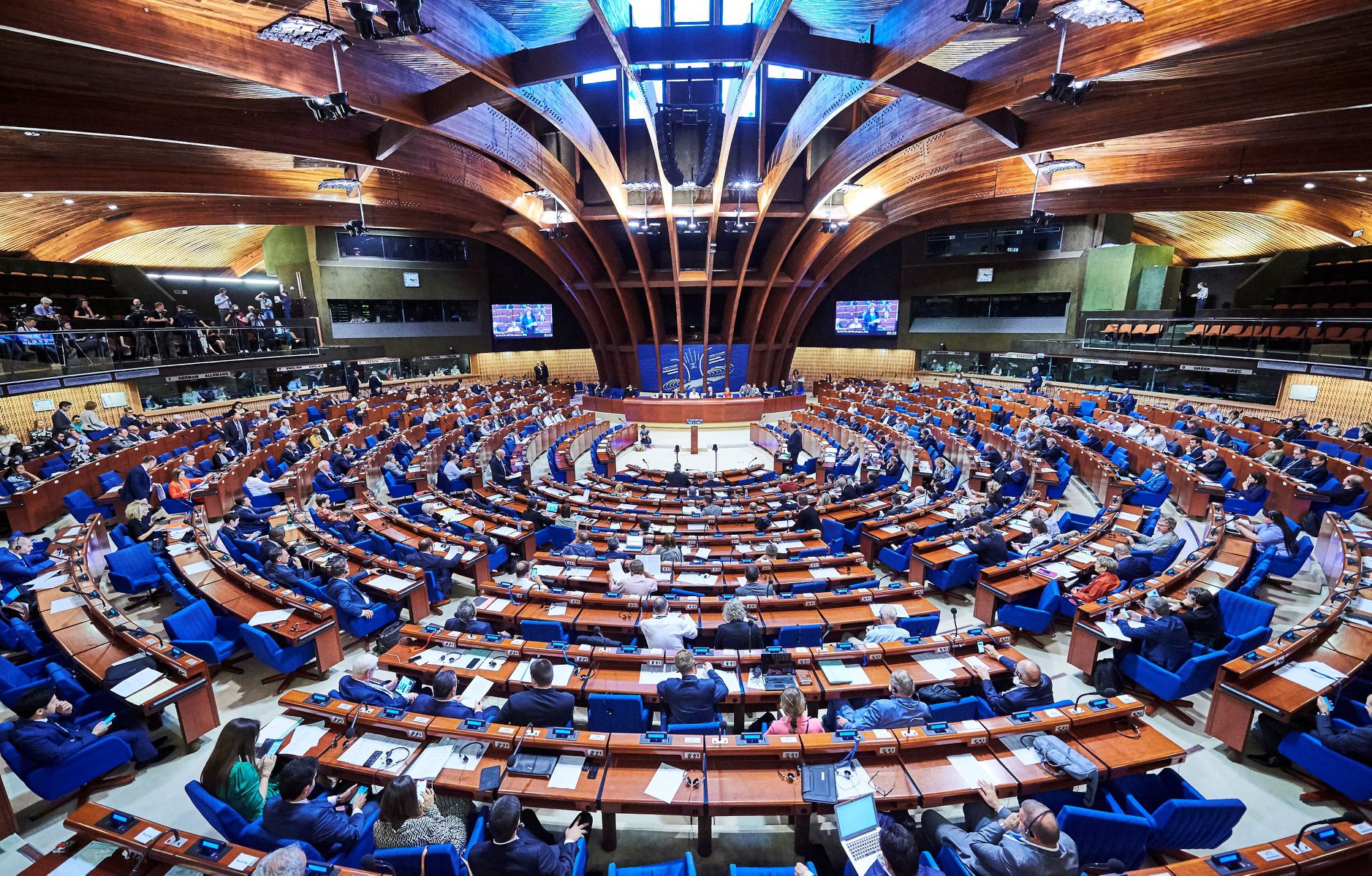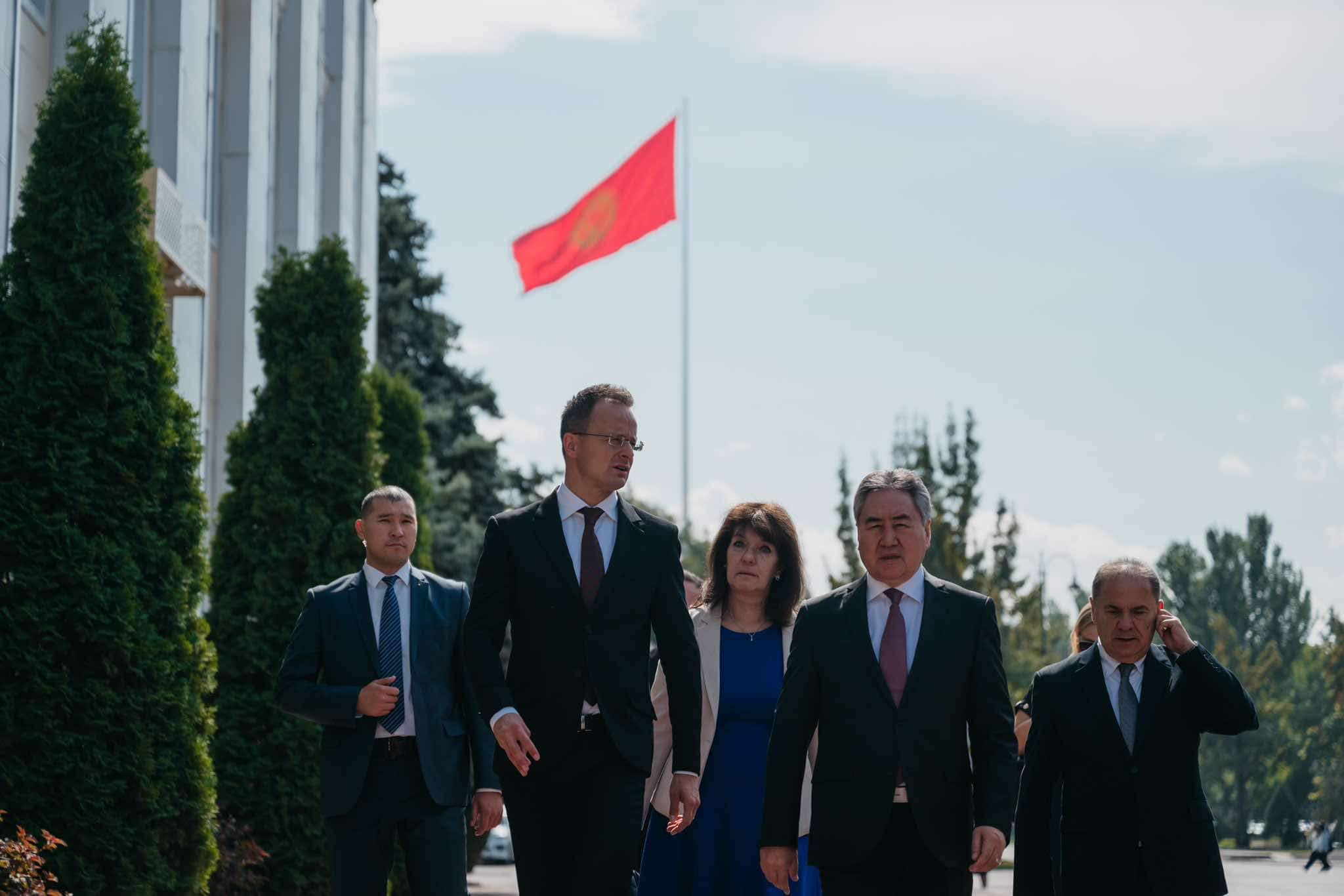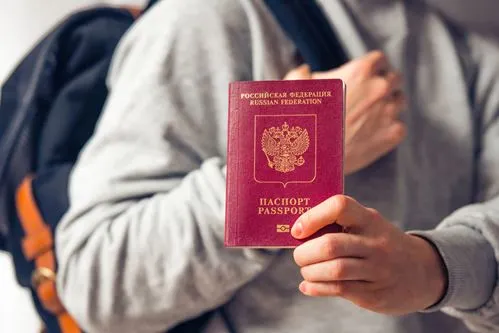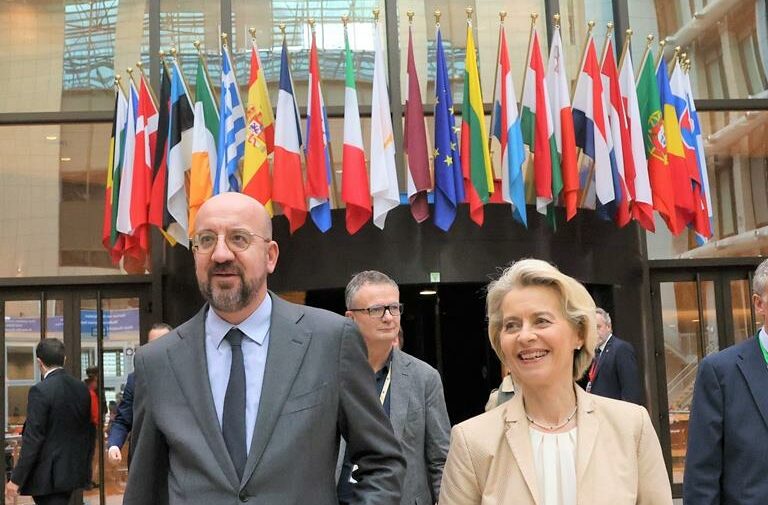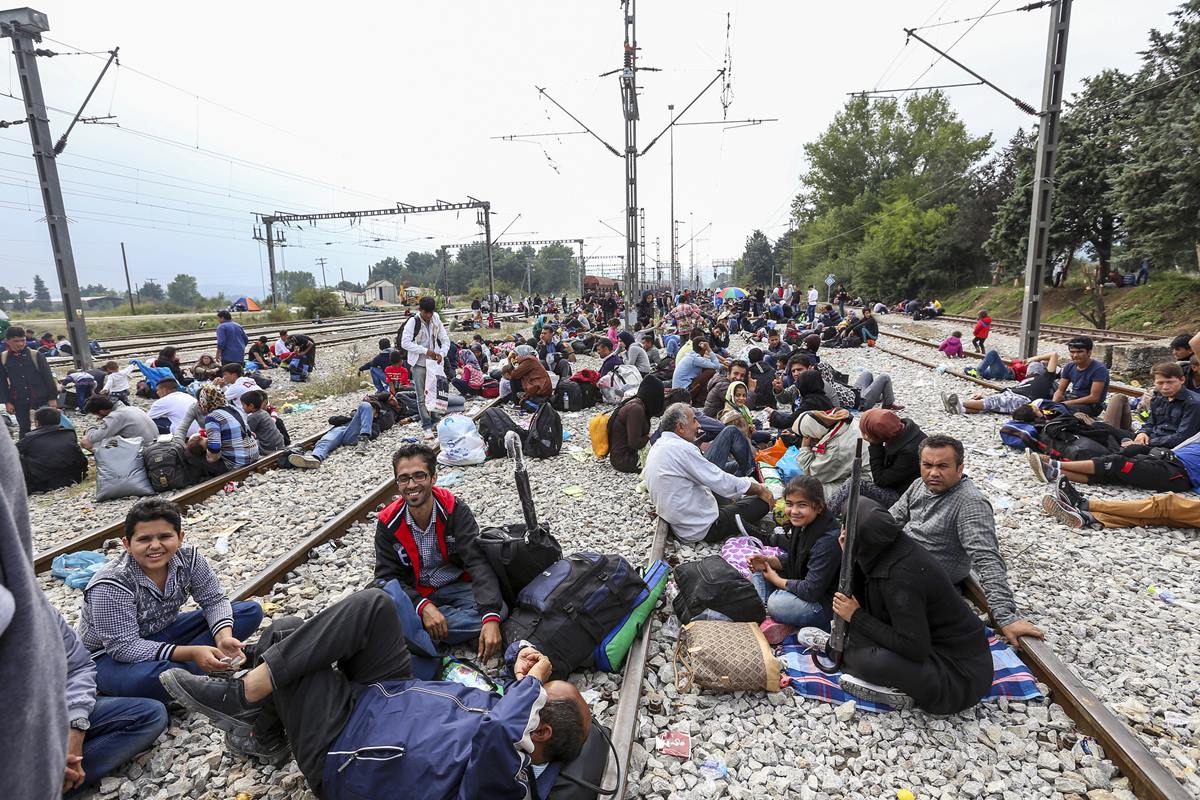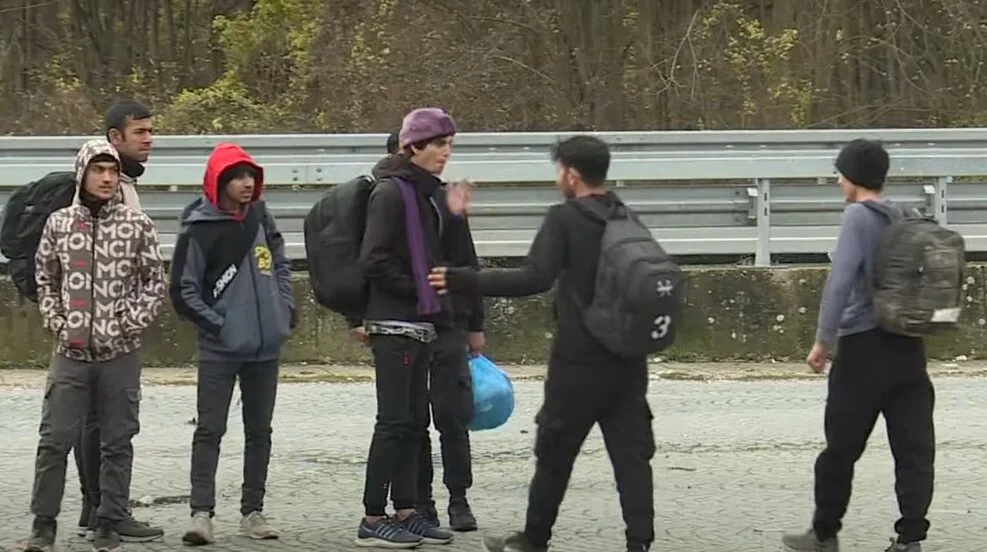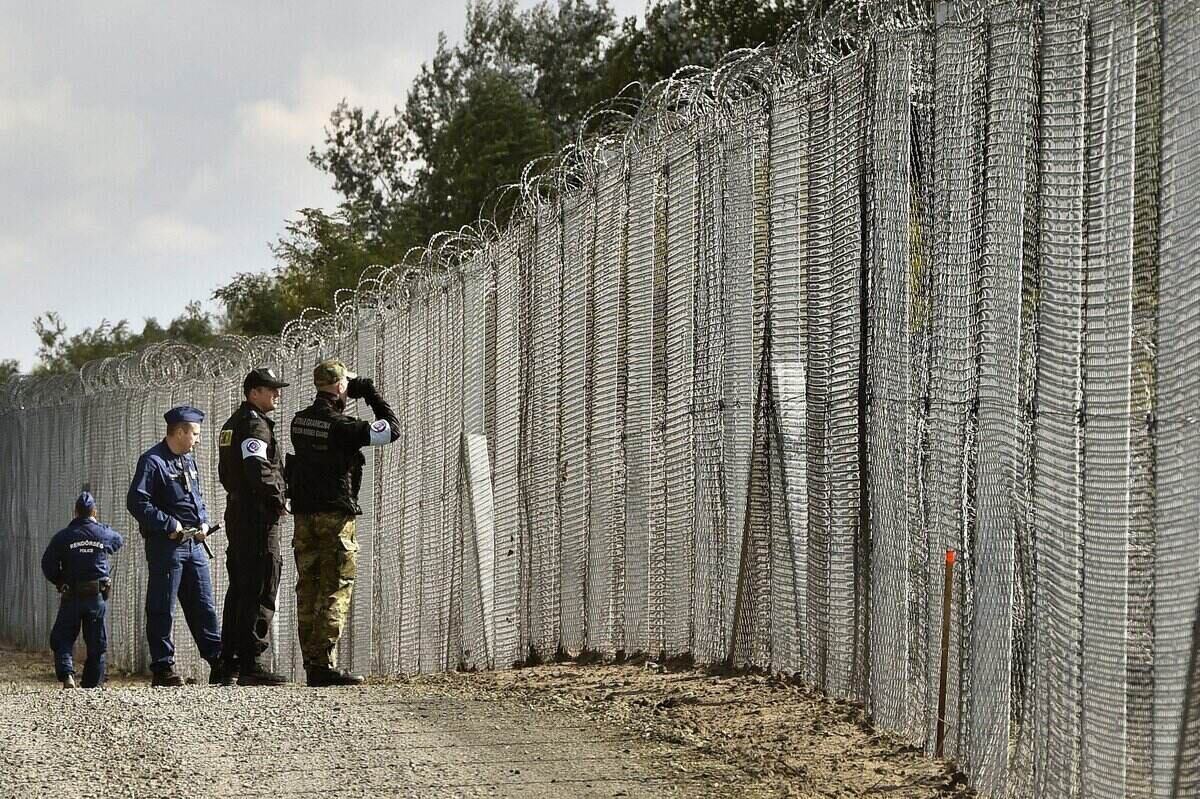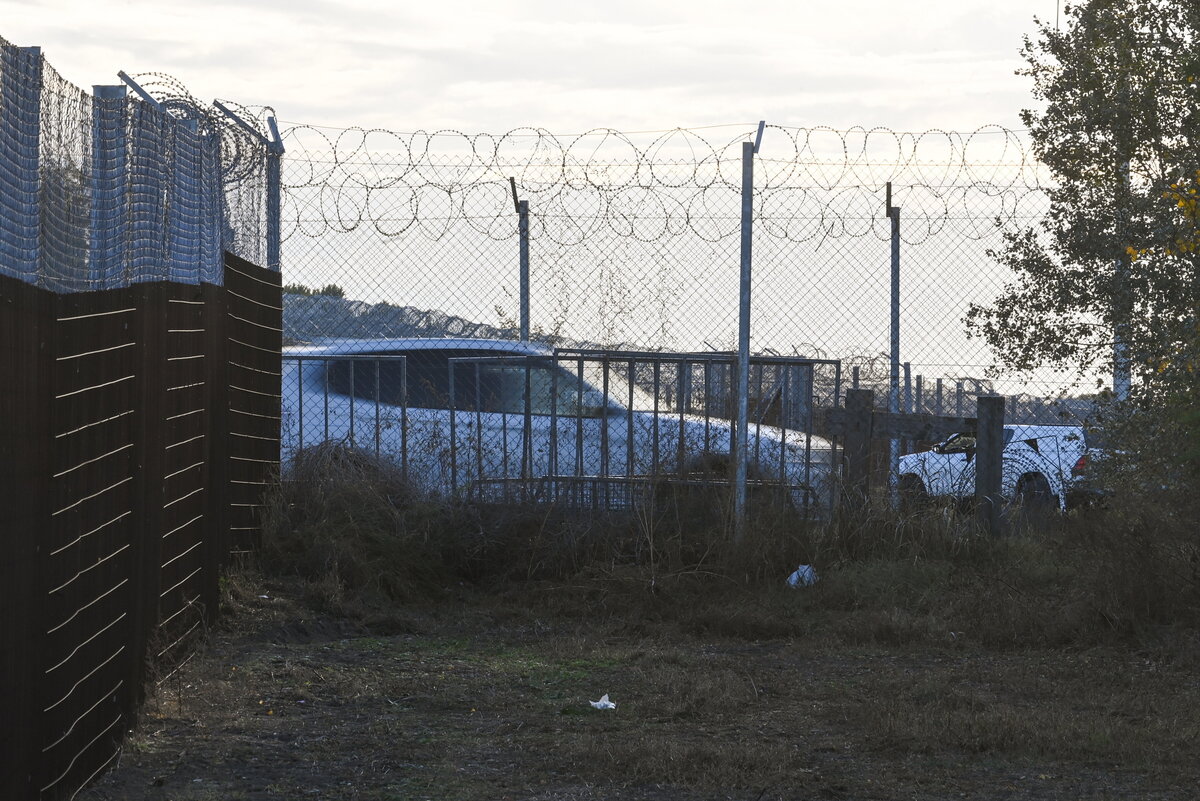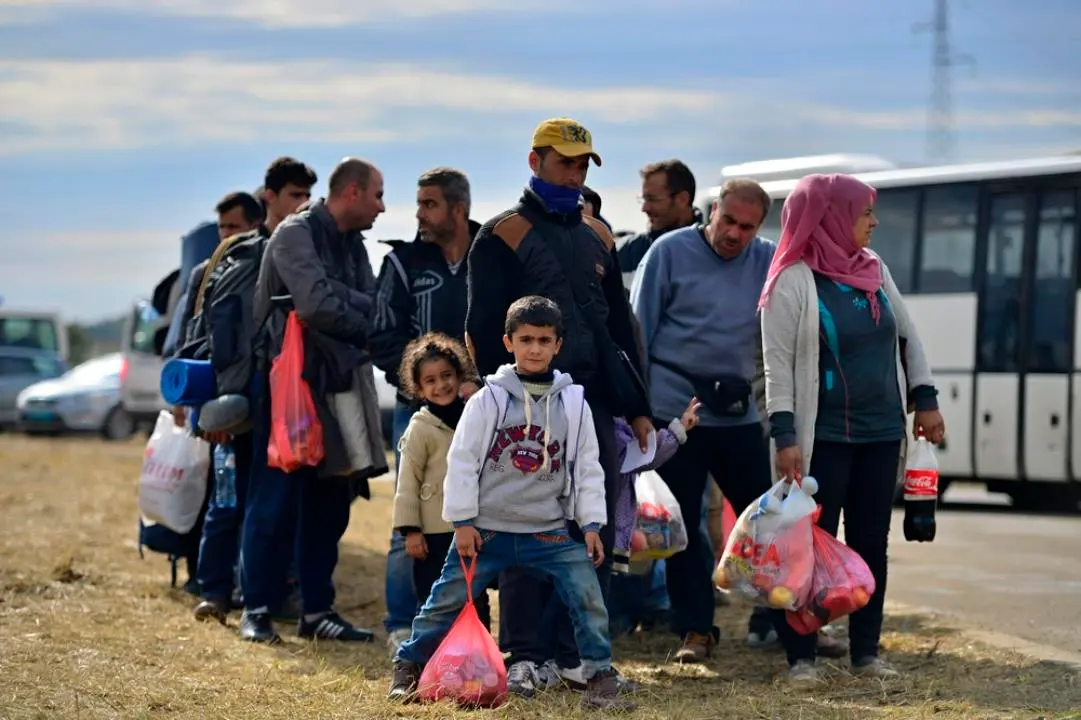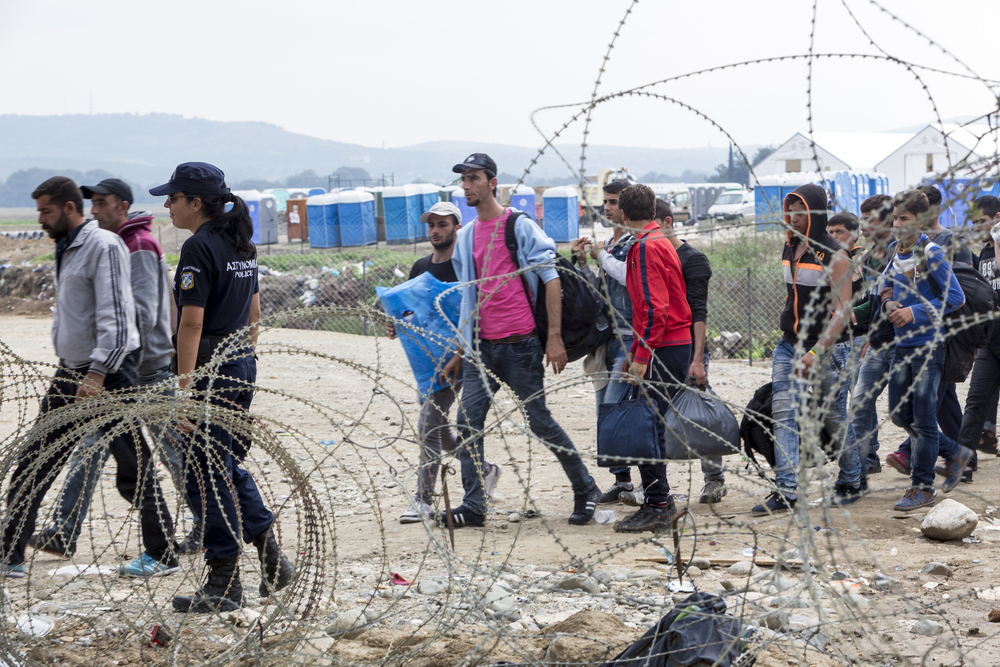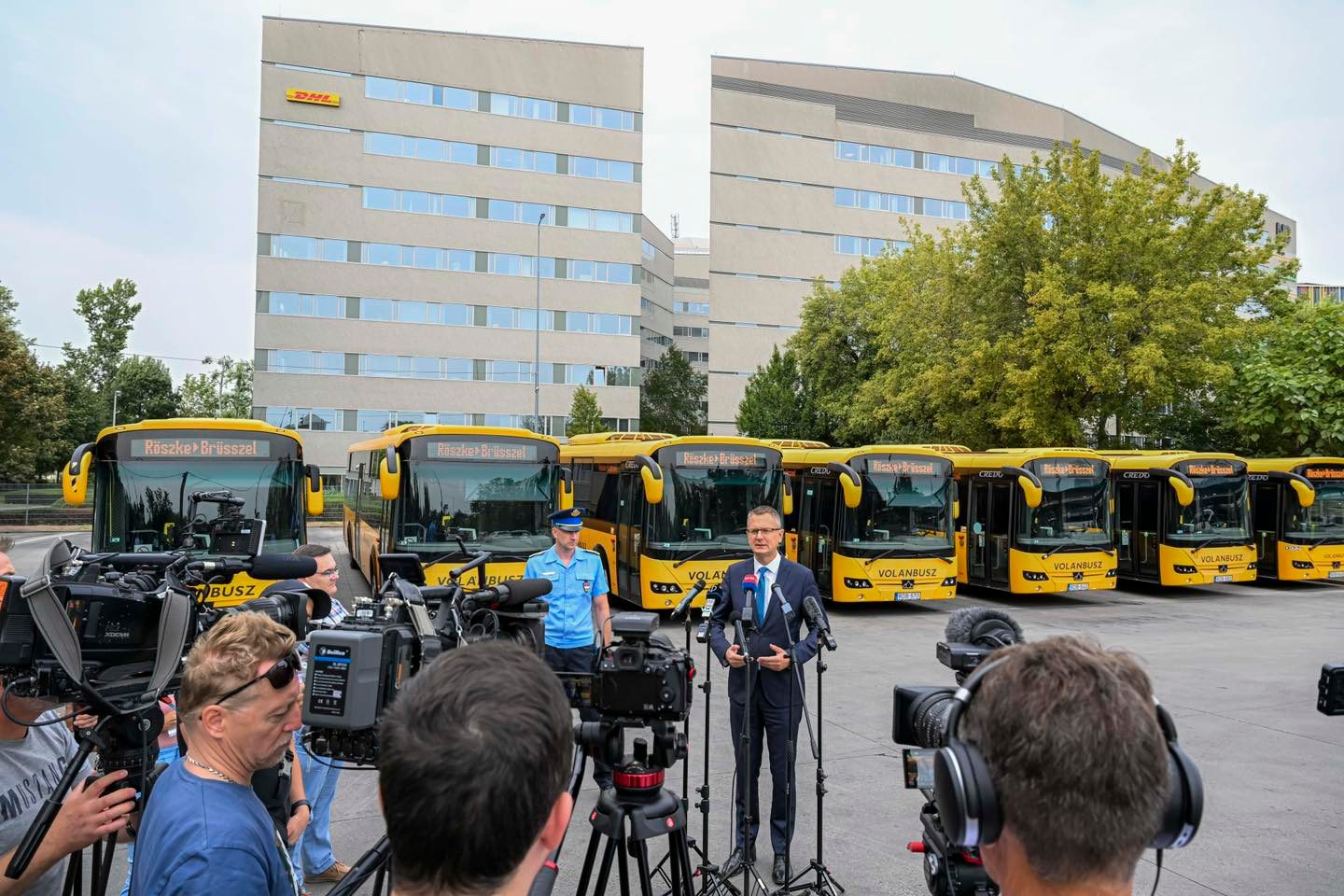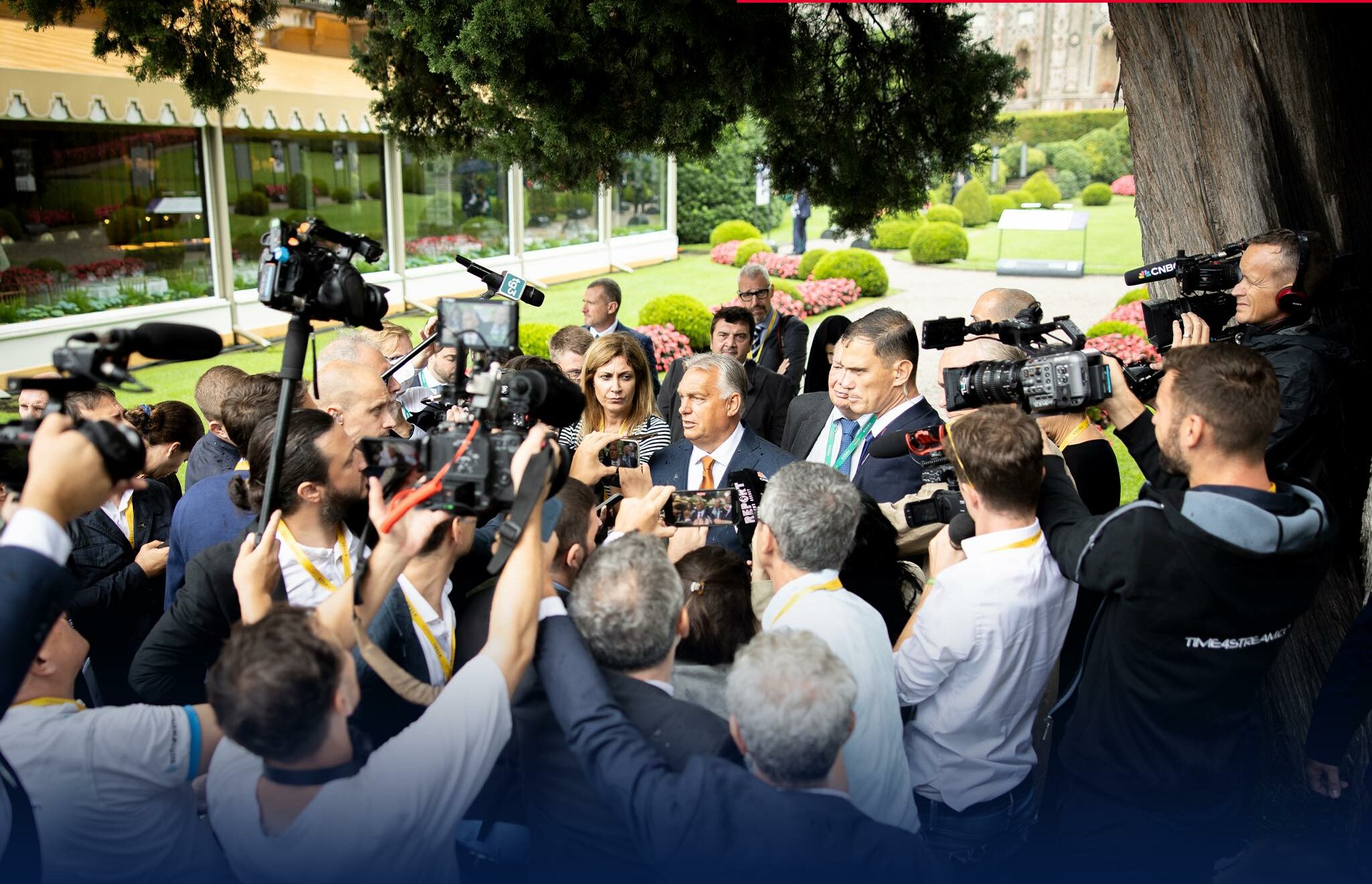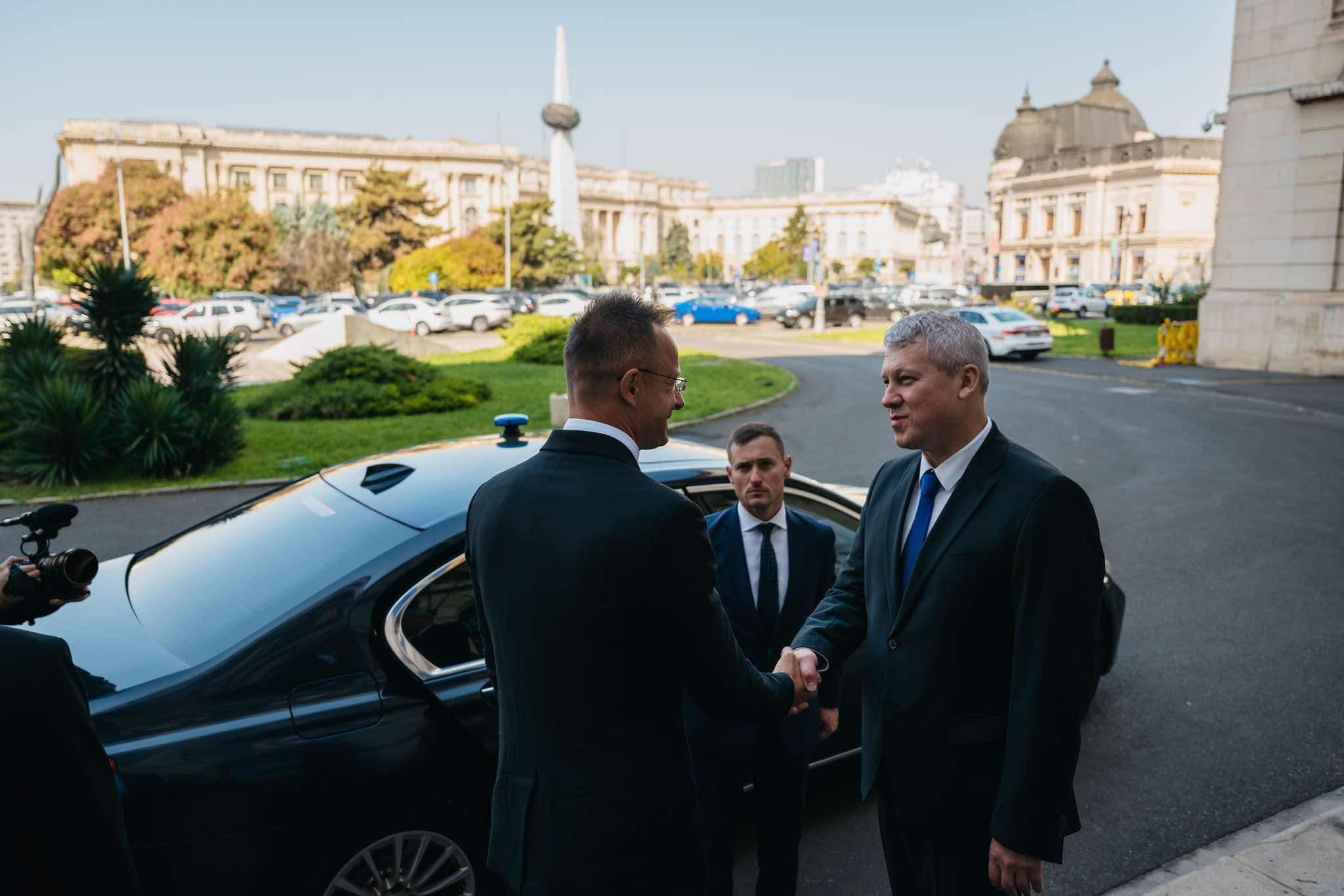While most of the Hungarian population is pro-EU, the prime minister has said it is in Hungary’s interest to be neutral on the economy. But how is this possible if the country is a member of the EU? Or is this another statement in favour of HUXIT? The Hungarian prime minister gave an interview to state radio:
Economic neutrality vs blocs
PM Orbán said that
Hungary’s interest is economic neutrality, not the formation of blocs.
Orbán remarked on the recently published report on European competitiveness by Mario Draghi, the former governor of the European Central Bank.
He said Europe is suffering from a huge loss of competitiveness, and if we continue on the path we’re on, “there’s going to be a big problem.”
He added that Europe could respond to Asia’s economic rise in two ways: enter the competition or “disqualify” the competitor and close the borders.
He said the EU is moving toward forming a bloc, pointing to the introduction of punitive tariffs. He added that the formation of blocs would be “a tragedy” for Hungary.
Dividing the world economy into blocs, similar to the Cold War, would push Hungary to the periphery, Orbán warned.
” We would become insignificant members of the world economy, lose out on opportunities, and would be locked into a dead-end street. “
Orbán said car manufacturing was an essential element of Hungary’s economy, with hundreds of thousands of families living there. He said he had held talks with the heads of all larger players of the sector in the past few months, and all have opposed to European tariffs on Chinese electric cars, “but the European Commission doesn’t listen and continues to consider tariffs”.
Hungary will have to cooperate with the “numerous European political and economic players” on a similar footing, and create a force capable of changing Brussels policies, he said.
Price cap, economy
Commenting on a ruling against Hungary on the price caps on certain products, Orbán said the ruling “said multinationals should be able to impose whatever prices they liked”. “These are wrong thoughts, these are the mistakes of the European Commission.”
While “smart and silly opinions on Hungary’s economy” were abounding in European discussions, Hungary’s economy had moved past a “very difficult period and is on the cusp of recovery”, Orbán said.
Orbán said Hungary’s economic growth rate was over the European Union average, while inflation would slowly fall under 3 percent. He added that Hungary’s investment rate stood at 23 percent, over the 20 percent EU average.
On the matter of boosting consumption, Orbán said people should be enabled to make their own decisions, rather than “economists telling them what to do”. Consumption is currently around 4 percent, showing that people were spending more, he said. As we wrote earlier, the Hungarian economy struggles: latest figures reveal significant downturn.
‘Tangible’ wage rise on the horizon
Orbán said wage increase was at 9-10 percent, outstripping inflation and among the most robust in Europe. Tourism is also at historic highs, with more Hungarians spending their holidays at home and abroad as ever before, a cause for optimism, he added.
The European Union’s forecasts are putting Hungary’s growth rate at third place in the EU next years, he said.
He said the war was “the one thing that could foil our plans”. If the war intensifies or spreads, he added, it would upset the government’s economic calculations.
Orbán said he saw a real chance for a “tangible” wage rise in Hungary in the coming 2-3 years.
Orbán welcomed the agreement on wage increases for 2024 and said allowing decisions affecting pay rises to be made by representatives of workers and employers was the best practice.
Wage rises must be negotiated carefully to avoid that employers feel forced to lay off work force or curb developments to be able to afford them, he said.
The government will not interfere, other than “put its seal to the agreement and announce it”, ensuring that wages will be raised as high as possible without risking that “employees pay dearly for it later”. “Those promising wage hikes without consulting those directly impacted by the process do not know what they’re talking about,” he said.
Would a Hungarian Peace Mission influence world leaders?
Orbán said the “sensibly thinking part of the world” had always been pro-peace, and other than the western countries, “almost all countries are exclusively pro-peace”.
Orbán said his “peace mission” was aimed at making westerners consider the possibility of peace because European leaders had “dug themselves into a hole as if it was their war, even though we are not at war with the Russians”. “This has resulted in a pro-war Europe,” he said.
The way out of this situation was through noticing that “this is not our war, ceasefire and peace talks would serve everyone’s interest, because it is obvious that this war cannot be resolved in the battlefield”, he added.
The “peace mission” had launched this idea, resulting in “a debate that would have never started without the peace mission”, he said. “Once the dialogue started about peace, more and more countries turned out to be ready to join the peace camp, for instance the German chancellor made such a statement,” he said.
Orbán added
“I have plans for some more actions like the peace mission”.
Hungary will not be an immigrant country like Western Europe
Regarding migration, Orbán said that since 2015, the “peak of the migrant crisis … when the invasion started”, Hungary had consistently called for the protection of the European Union’s external borders. “Instead of whining and avoiding responsibility”, the country “took a deep breath”, built the fence and stopped migrants, he said.
Western European countries had become immigration countries, but Hungarians had stood up for their interests and “we have not become an immigration country and will not become one, whatever Brussels does … Hungary belongs to Hungarians, period,” he said.
Rather than penalising Hungary, the EU should pay the “substantial sums” Hungary’s border protection had cost so far, and provide funding so Hungary could continue the job, he said.
Orbán said it was only a matter of time and “they will pay”.
Commenting on Berlin’s decision to reintroduce border checks at every border for six months starting from Monday, he said that, whereas earlier Europe saw those stopping migrants as the “bad men”, now Germany and Chancellor Olaf Scholz had “woken up”. Terrorism, crime and social burdens caused by migrants unwilling to work, “these are all starting to wake up the Germans”, he added.
Western European leaders must “take an intellectually not very difficult step” and admit that if borders must be protected and even closed, then those that had already done this should not be punished, he said.
Yet, Hungary is currently suffering from severe fines as a result of border protection, he added.
“This is obviously not right … it is political chaos,” he said.
Orbán also said the German chancellor had realised migration policies need to be changed as a result of pressure from the public. “He drew the conclusion after migrants stabbed a few peaceful voters in the street, crime increased and they cannot afford to pay the costs of the bad policies, and people were outraged,” he added.
Orbán said Hungary was the only European country that asked for people’s opinion on migration through referendum, and has been representing the same position ever since. Once again the Westerners “who have been riding the horse backward” are now realising that it is easier to listen to the people’s voice, he added.
“It is the people who suffer from the negative consequences of migration instead of the clever-tongued eggheads who have shown on paper that liberal migration policy would bring positive results, even when people are shaking their fists”, Orbán said.
“It is time that instead of the know-it-alls, real people make the decisions in such matters, not only in Hungary but in the whole of Europe,” Orbán said.
Read also:





